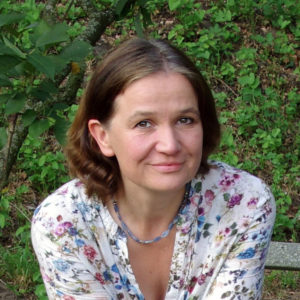Two in the bush is a reason for living
On our 2023 selection for the Long Documentary competition
At first glance, this year’s competition may seem eclectic and inconsistent. There were years when the focal point was on, say, life on islands, subsistence in one’s environment or migration. But the eight stories we selected this time don’t seem to have much in common when you look at them. They take us around the world, from Colombia via Africa and Europe to India. They tell of the war between Azerbaijan and Armenia, of a tiny trade venture between Portugal and Senegal, of pigeon breeding in Lebanon and environmental pollution in Italy. We can marvel at jute production in an age-old factory, by industrial standards, search for words of love with Amazonian aboriginals in a deeply plaintive story, witness the construction of a holiday resort in the Allgäu mountains and even visit a gym in the German Breisgau. Destruction, love, labour, sports – that’s a broad range of topics.
But all of the films reveal something that seems like the overarching theme of our day and age: people’s need for hope and something to hold on to. And these are things that emerge from cultural activity. It’s not enough to eat and sleep, although food and shelter are among the most elementary human needs, still denied to many. But in order to endure all of life’s nasty challenges big and small, to be able to wake up in the morning and do what has to be done, we craft ourselves a coat made of language and confidence. A garment we put on every morning to protect us and keep us warm. This garment is our culture, which turns the burden imposed on us into something of our own that is home to plans and opportunities as well. The poisoned river might be a healing water, the ill-paid duty a tradition, the birds in the bush a form of self-affirmation. We find challenge in sports and are lifted up by the common cause in a community project. The small trader, by fulfilling other people’s long-cherished desires, is tenaciously working his own way towards anticipated prosperity. The indigenous people of the Amazon need their traditional shamanic background to cope with life. And the women in Nagorno-Karabakh dye their hair. Under their precarious conditions, it may not seem a lot, but it’s a form of culture.
The world as we experience it now seems to be made of proclamations – dangers have been averted, enemies conquered, states of emergency keep coming back in a seemingly endless loop. But we are humans. We want to laugh, hope and enjoy, and we need a reason to go out and face life every day.



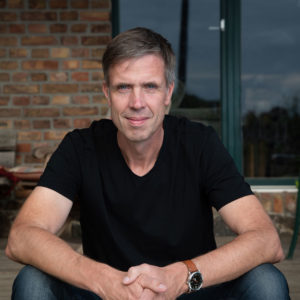
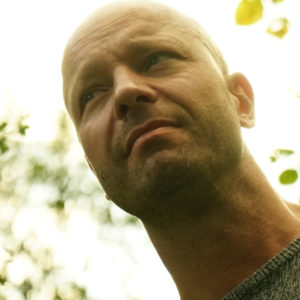



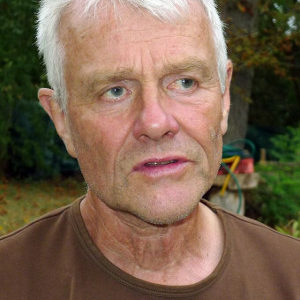
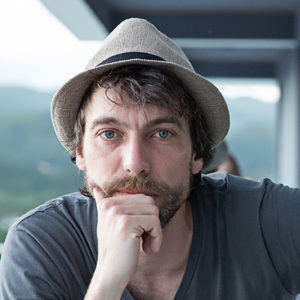
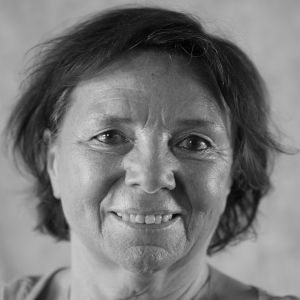
![Lars_Fischer[1] Lars Fischer](https://filmfest-eberswalde.de/wordpress/wp-content/uploads/2015/09/Lars_Fischer1-300x300.png)


